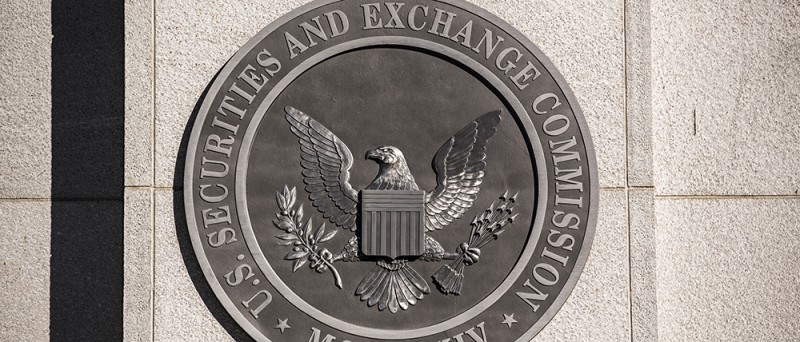

Organizations representing federal administrative law judges are warning that an executive order signed by President Trump that fundamentally changes the way ALJs are hired could lead to less-qualified and politically biased judges deciding cases at the Social Security Administration and 30 other executive branch agencies.
The executive order was issued July 10, 2018, less than three weeks after the Supreme Court’s decision in the case of Lucia v. Securities and Exchange Commission. The plaintiff, an investment adviser who had been convicted of fraud by the SEC, sued to have the conviction thrown out. He argued that because the ALJ had not been hired by the head of a department, the appointment violated the Constitution.
The Supreme Court agreed, basing the ruling on what was seen by many as a technicality; few observers thought it would have much practical impact. Some agencies acted immediately to bring their adjudication operations into compliance by having the head of their agency appoint currently serving judges.
But the Trump administration, citing “uncertainty” created by the Supreme Court decision, changed the selection process from the competitive employment classification to the excepted classification. In other words, agencies are no longer required to choose from candidates who have been qualified through a merit based, competitive system subject to civil service rules. The Executive Order did not address the appointment of currently serving ALJs, the issue which was addressed by the Supreme Court in Lucia
“The suggestion that this executive order was issued to address appointment considerations raised in the Lucia case is patently absurd,” said Judge Richard Goodwin, president of the Federal Administrative Law Judges Conference (FALJC). “This executive order used Lucia as an excuse to eliminate a merit-based selection process that has stood the test of time since 1947 and worked well under administrations of both parties.”
A press release from the FALJC, a nonpartisan association of federal ALJs, explained how the former system worked:
Candidates for federal administrative law judgeships had to have at least seven years of litigation experience and take a six-part test administered by the federal Office of Personnel Management. Candidates were then ranked by the office based on their scores. Agencies were required to select from the three top candidates based on their final score and were prohibited from hiring anyone who had not passed the examination.
Writing in the Washington Post, Marilyn Zahm, president of the Association of Administrative Law Judges, explained that the new system eliminates the test, the ranking and the experience requirement.
“Now, as a result of the president’s executive order, an agency that wants to employ an ALJ can recruit any attorney regardless of skill or experience. Competence and impartiality apparently are no longer essential; cronyism and political interference will no longer be taboo.”
Zahm’s organization represents ALJs employed by the Social Security Administration. She said that of the roughly 2,000 federal ALJs, about 1,600 hear Social Security cases. The rest are spread among more than 30 other federal agencies and rule on issues including mine safety, stocks and bonds and mail delivery.
In interviews with reporters, James Sherk, special assistant to the president for domestic policy, said the president’s order was issued to eliminate the possibility that federal ALJ’s decisions could be set aside based on how a judge was hired, as happened in Lucia.
He insisted that the order would not change the principles of judicial independence guaranteed to federal ALJs under legislation dating to the 1940s.
“There are statutorial procedures governing how ALJs are removed, and we’re not touching that; that’s not on the table,” he said. “Congress set out procedures in law to protect them and provide them with decisional independence, and this executive order cannot and should not change that.”
But the ALJ organizations said political appointment increases the likelihood of political influence and bias.
“The new appointment process will not afford members of the public the due process and fair hearings they deserve,” warned the FALJC press release. ”Instead, it will give agency insiders and political loyalists a job for which they may not be qualified but for which they will feel indebted.”
Both organizations called for the president to reconsider the order or for Congress to take action to block its implementation.
In addition, American Bar Association President Hillarie Bass called the executive order “an ill-considered and legally vulnerable response to the Supreme Court ruling” and stated, “Nothing less than the integrity of the administrative judiciary is at issue here.”

The Hon. Mary-Margaret Anderson (Ret.), a retired administrative law judge with the California Office of Ad...

Happy October, Gaveliers faithful. Are you loving this or what? No one believed a team made up of judges...


Hon. Diane J. Humetewa, the first Native American woman and the first enrolled tribal member to serve as a ...

Retired Massachusetts Chief Justice Margaret H. Marshall has been selected as the 2024 winner of the presti...